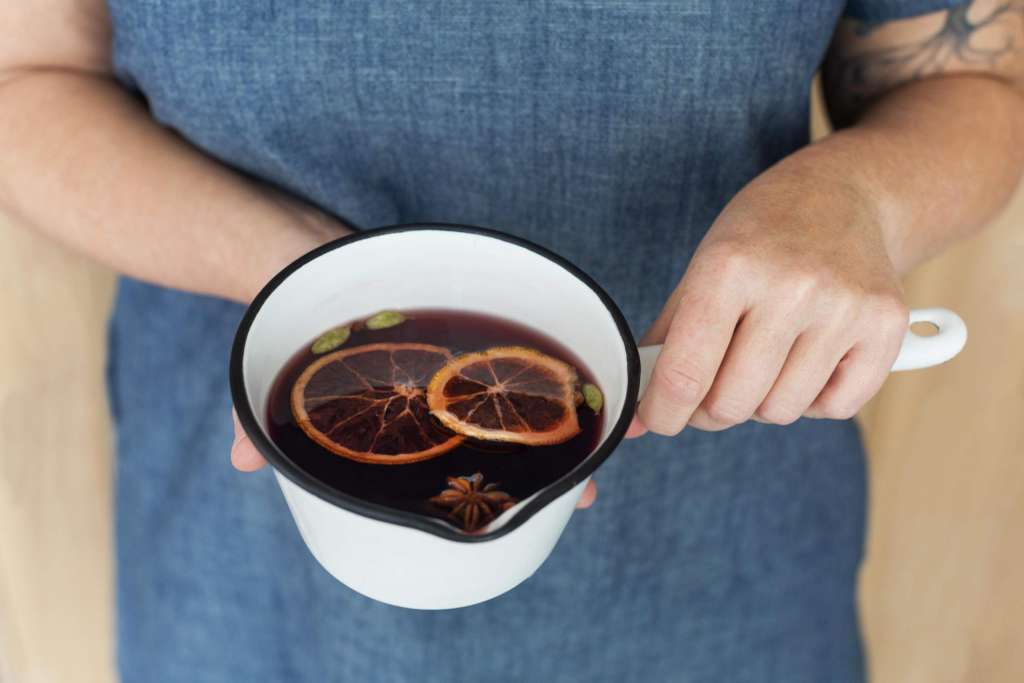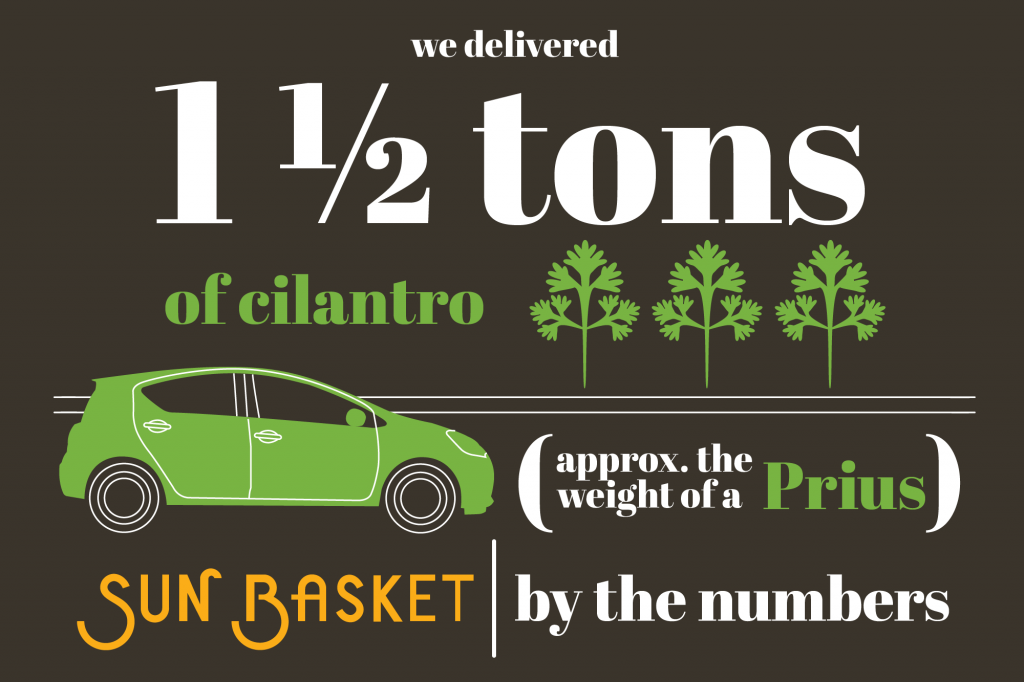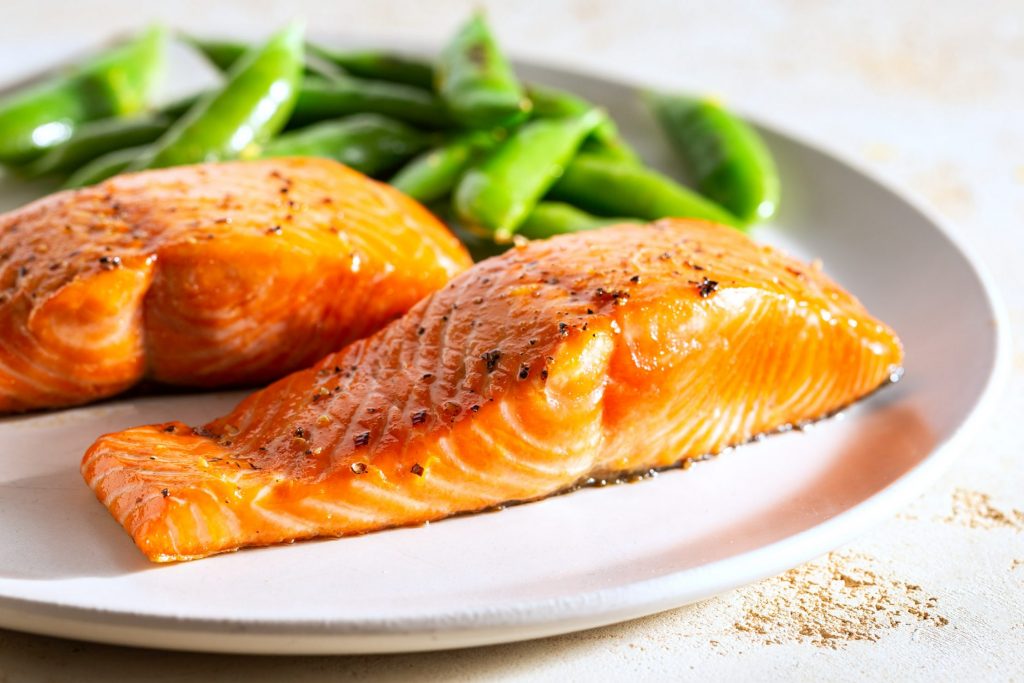Why We’re Obsessed with Natural Wine

Here at Sun Basket, we’ve wanted to offer wine since our very earliest days. We knew that the wines would have to align with our values, meaning that they promote the best organic practices, support our commitment to protecting the planet, match the flavor profile of our recipes, and taste great.
Natural wines were a (sorry, not sorry) natural choice, and we naturally (can’t stop, won’t stop) turned to Chaylee Priete, who worked alongside our own Chef Justine for many years in one of San Francisco’s best-known, James Beard Award-winning restaurants. Chaylee is an expert at matching wines to the flavor profiles of Justine’s recipes, and Justine is a huge fan of Chaylee’s wine picks. We sat down with Chaylee to learn more about these fascinating wines.
So, what is natural wine anyway?
First off, it’s important to know that there’s no regulated definition of natural wine, but there are a few generally accepted practices:
- Made with organic or biodynamically farmed grapes.
- Hand-picked. Machine harvesting can damage grapes, which can lead to oxidation and bacterial growth. Picking by hand also helps reduces a winery’s carbon footprint.
- A mostly hands-off approach. Makers of natural wines like to get out of the way and let the combination of grapes and time work their magic.
- Fermented with natural yeasts. When conventional grape growers spray their vineyards with herbicides and pesticides, they kill the yeasts that live on the grapes. Because natural wines are made with unsprayed fruit, the wines can spontaneously ferment, leading to a greater range of flavors.
- No additives. Industrial winemakers use ingredients like liquid oak (yes, that’s a thing), coloring agents, sugar, and yeasts cultured to produce specific flavors.
- Low or no sulfites. Industrial winemakers use sulfites as a preservative. Natural winemakers strive to use as little as possible.
- Nothing removed from the wine. This means that sediments from the expired yeast, which is typically filtered out, remain in the wine. That’s why natural wines are often cloudy rather than clear, but those sediments also give added flavor and body to the wine.
How does all that affect the taste?
If you have a favorite wine that you buy all the time, you may notice that it always tastes the same. That’s not necessarily a bad thing, but that consistency comes at a cost. Winemakers rely on all sorts of chemical additives to maintain specific qualities in their wines. Natural wines are less consistent. They are typically less fruity and more yeasty than you may be used to, more like fresh pressed cider or kombucha, though some can be quite clean tasting.
What makes a wine a Sun Basket wine?
I look for wines that pair comfortably with Sun Basket recipes.
This means they are:
- Almost always less than 14% alcohol.
- Balanced. Meaning that there’s fruit present (so it tastes good), and also acid (so that it pairs well with food).
- Mineral-driven. My favorite quality in a wine is minerality, this is a vague term for that dusty, crunchy, rocky sense of place, earth, terroir.
- Wines I want to drink, and hopefully ones that you want to drink, too.
Learn more about our wine program here.









